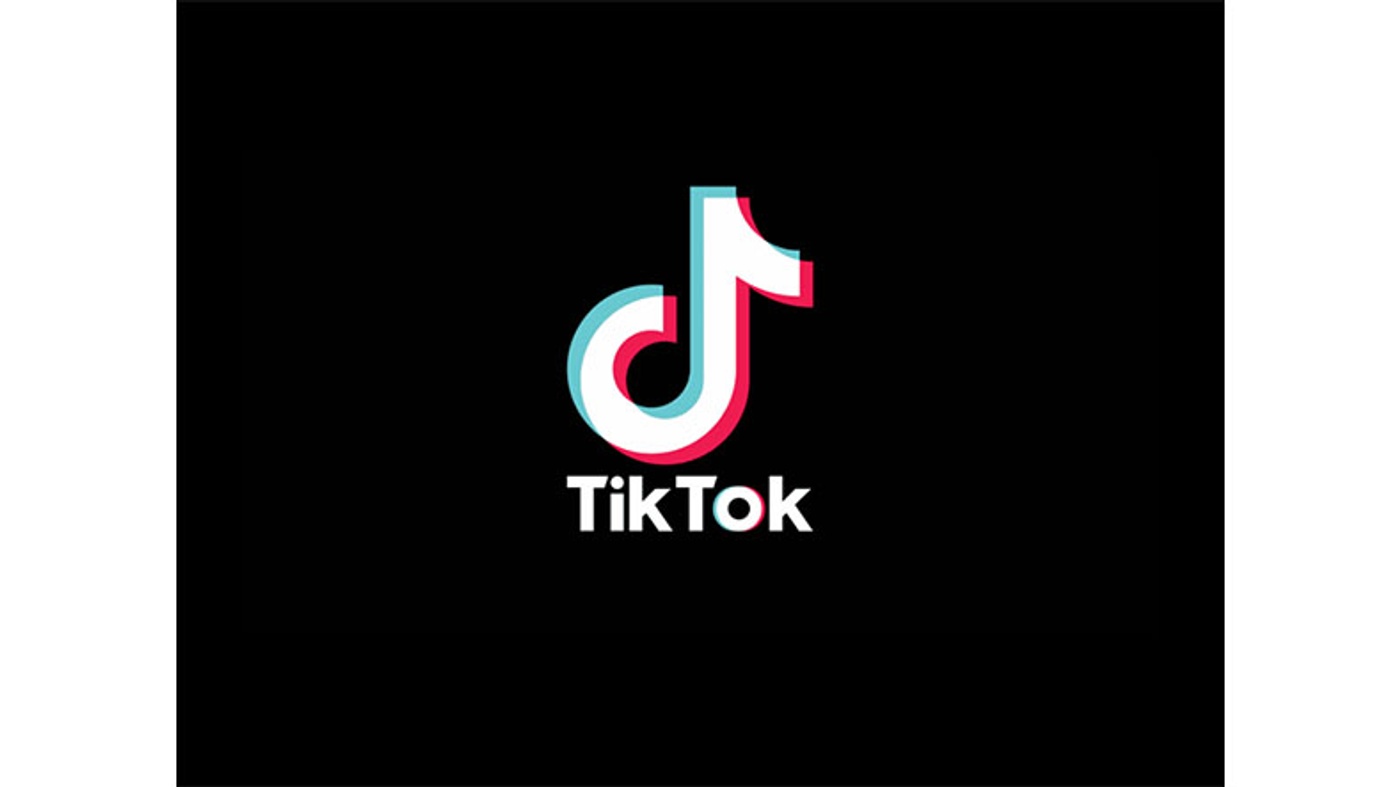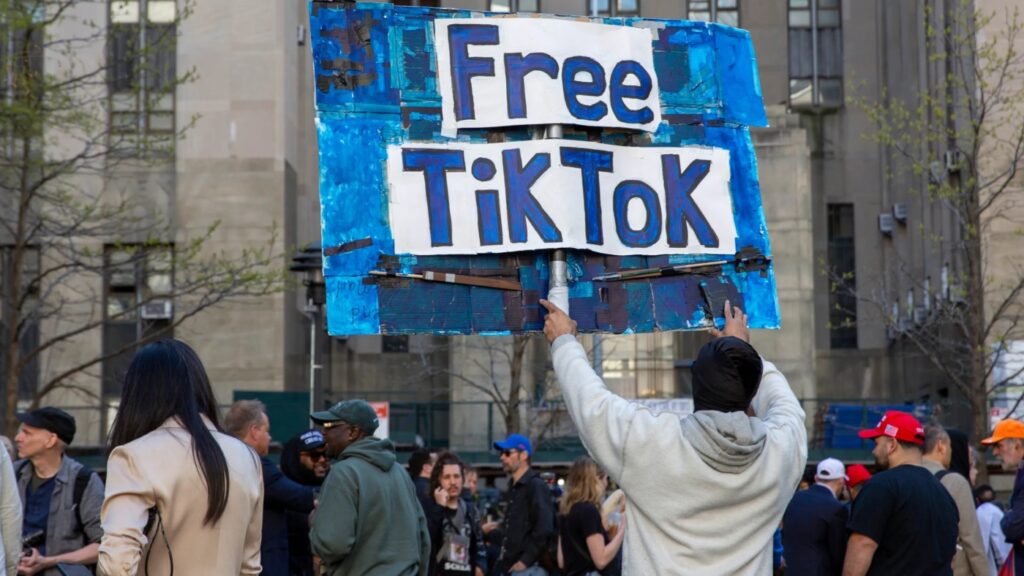TikTok, while increasing its popularity in recent years, has also led to bans in some countries. Concerns about data security and content control have prompted many countries to impose restrictions on this platform. India, leading the way, banned 58 Chinese apps including TikTok in 2020 due to national security concerns. The Taliban banned TikTok in 2022 on the grounds that it hosted content contrary to Islamic laws. In Somalia, the platform was banned in 2023 due to the spread of misinformation by terrorists and the presence of obscene content. In Turkey, a temporary ban that started in December 2022 is still ongoing.
Countries That Ban TikTok Use on Government Devices

In the United States, TikTok was banned on federally issued devices and similar bans exist in 34 states. The European Parliament Commission and Council also banned the use of TikTok on their employees’ devices due to cybersecurity risks. Countries such as the United Kingdom, New Zealand, Denmark, and Belgium also decided to implement bans on government and staff devices in March 2023 due to security concerns.
Countries like Canada and Australia also made similar decisions by banning TikTok on government devices. Bangladesh and Pakistan applied temporary bans due to content control issues. Taiwan adopted a more general approach by banning all Chinese-made software in 2022.
Reasons Behind TikTok Bans

The underlying reasons for the bans include TikTok’s data collection and processing policies playing a large role. The platform being owned by the China-based company ByteDance raises concerns about user data potentially being shared with foreign governments. On the other hand, the thought that content on the platform could be contrary to moral values, containing obscenity or hate speech, also serves as a justification for the bans.
TikTok Users’ Young Age Profile and Security Issues
The presence of a young user base increases concerns about the safety of children. The risk of children being exposed to cyberbullying, harassment, or inappropriate content necessitates some governments to take measures. Additionally, TikTok’s potential to spread political propaganda and disinformation is also a source of concern in some countries. The risk of the platform being misused during elections and political events is another significant reason for the bans.
In Turkey, the potential ban of TikTok is also being discussed. This situation makes similar practices and the effects of bans around the world even more significant. Do you think TikTok should also be banned in Turkey?
Source: Mashable


